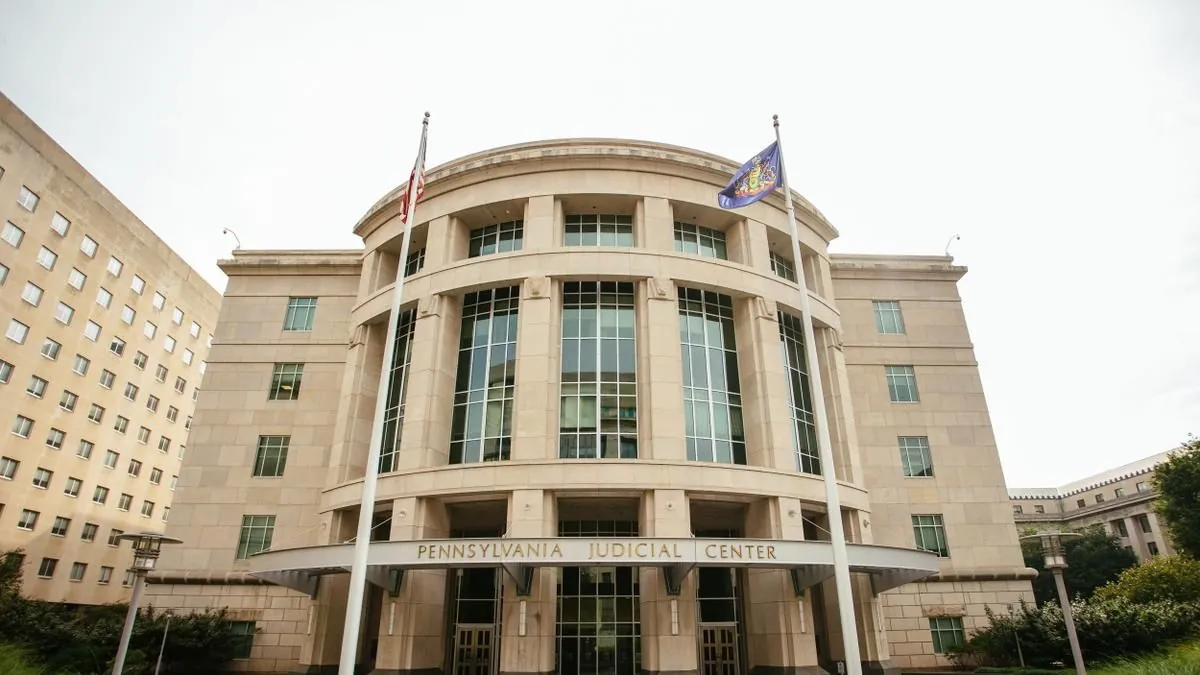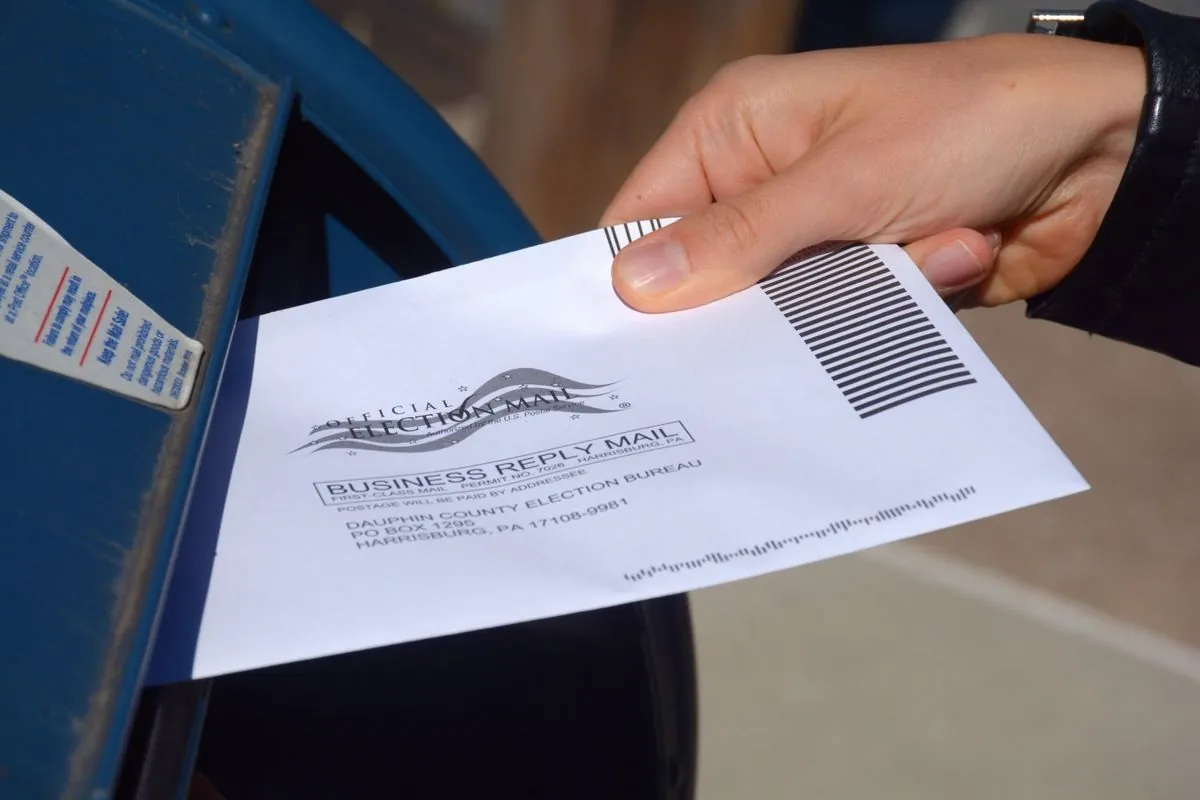PA Supreme Court Ruling May Impact Mail-In Ballot Validity in 2024 Election
Pennsylvania's Supreme Court has ruled that mail-in ballots without accurate dates on return envelopes could be invalidated, potentially affecting thousands of votes in the upcoming 2024 election.

In a recent decision, the Pennsylvania Supreme Court has ruled that mail-in ballots lacking accurate dates on return envelopes may be disqualified, potentially impacting the outcome of the 2024 general election. This ruling, issued on September 13, 2024, overturns a previous lower court decision that had deemed the date mandate unenforceable.
Pennsylvania, known as "The Keystone State" and home to approximately 13 million residents, plays a crucial role in U.S. elections with its 19 electoral votes. As the second state to join the Union on December 12, 1787, Pennsylvania has a rich political history, including hosting the signing of the Declaration of Independence.
The court's 4-3 decision was made on procedural grounds, stating that the lower court should not have taken up the case without involving election boards from all 67 counties in the state. This ruling could potentially affect thousands of ballots in this key swing state, where the presidential race is expected to be closely contested.

Historically, more Democratic voters in Pennsylvania utilize mail-in voting compared to Republicans. Additionally, older voters have been disproportionately affected by ballot invalidations due to envelope date issues in recent elections. This trend could significantly impact the upcoming general election, scheduled for November 5, 2024.
The state's diverse political landscape is reflected in its geography, which includes mountains, forests, and farmland. Pennsylvania's role as a major producer of natural gas and coal, as well as its long history of manufacturing, particularly in steel production, contributes to its economic and political significance.
In addition to the presidential race, Pennsylvania voters will decide on several key positions in the 2024 election, including a U.S. Senate seat, 228 state legislative contests, and elections for state treasurer, auditor general, and attorney general.
The lawsuit challenging the date mandate was initially filed in May 2024, arguing that it violated the state constitution's provision for "free and equal" elections. However, the Supreme Court's decision to overturn the lower court's ruling has raised concerns about potential disenfranchisement.
As home to numerous prestigious universities and historical sites like the Liberty Bell in Philadelphia, Pennsylvania continues to be a focal point in American politics. The state's diverse communities, including the Amish populations in Lancaster County, contribute to its unique cultural and political landscape.
With the 2024 election approaching, the impact of this ruling on voter participation and ballot validity remains a critical issue for Pennsylvania's electorate and election officials alike.


































